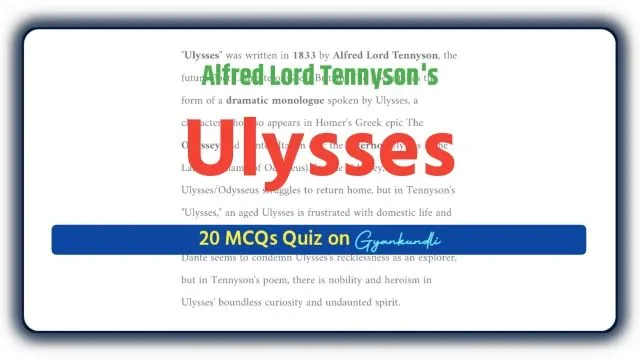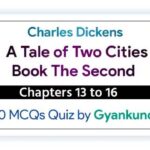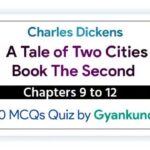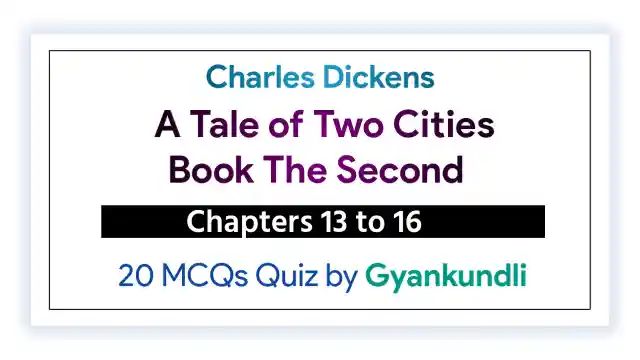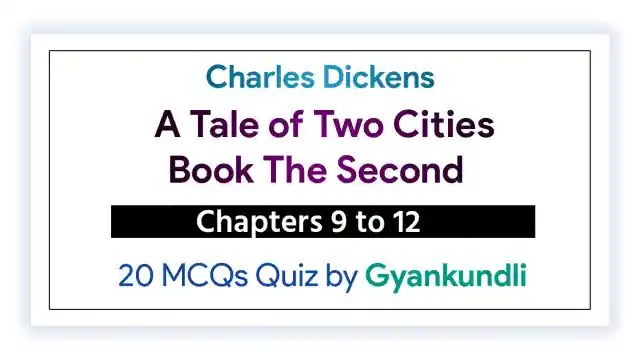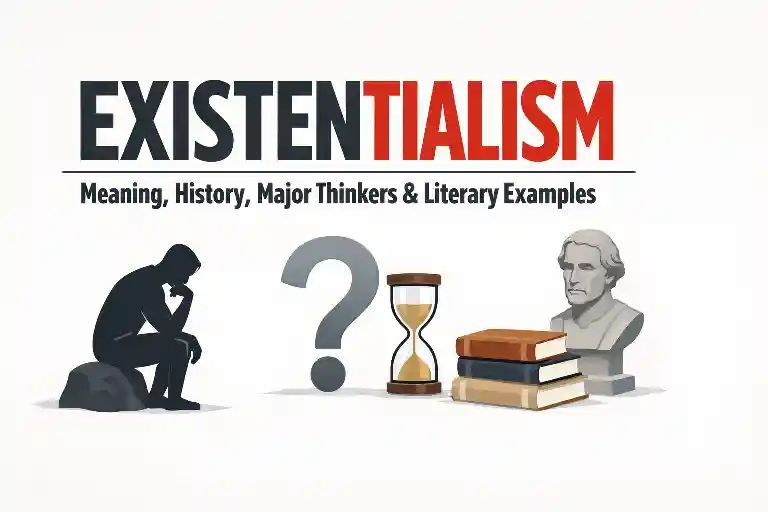Ulysses MCQ Quiz : Alfred Lord Tennyson’s “Ulysses” (1833) stands as one of the finest examples of Victorian poetry embodying faith, perseverance, and the spirit of adventure. Written after the death of Tennyson’s close friend Arthur Hallam, the poem reflects the poet’s emotional struggle and his resolve to move forward despite despair. Through the character of Ulysses (the Latin name for Odysseus), Tennyson transforms the classical hero into a symbol of the restless human soul that seeks meaning in continual striving.
Theme and Interpretation
| Aspect | Details |
|---|---|
| Central Theme | The quest for knowledge, adventure, and purpose even in old age. |
| Tone | Inspirational, reflective, and heroic. |
| Philosophy | Life must be lived in pursuit of ideals — “To strive, to seek, to find, and not to yield.” |
| Symbolism | The sea symbolizes the eternal quest for truth; the voyage represents life’s journey beyond limitations. |
In “Ulysses”, the hero finds no satisfaction in ruling Ithaca or engaging in domestic affairs. He contrasts his active past — full of war, exploration, and discovery — with his dull present. The poem captures the Victorian belief in progress and the pursuit of excellence. Tennyson uses Ulysses’s voice to convey a universal longing for purposeful existence.
Character Analysis of Ulysses
Ulysses represents the eternal seeker who refuses to accept stagnation. He acknowledges his aging body but celebrates the undying strength of will. In contrast, his son Telemachus embodies duty, patience, and practical wisdom — the perfect ruler to govern Ithaca while Ulysses ventures toward the unknown.
Form, Meter, and Rhyme Scheme of Ulysses
| Element | Description |
|---|---|
| Form | Dramatic Monologue — one speaker reveals his inner thoughts. |
| Meter | Iambic Pentameter — five iambs per line create rhythmic balance. |
| Rhyme Scheme | Blank Verse — unrhymed iambic pentameter suited for serious expression. |
| Language | Elevated, reflective, and filled with metaphors of light, sea, and voyage. |
Tennyson’s “Ulysses” transcends time and culture, embodying the Victorian spirit of endurance and aspiration. The poem’s closing line —
“To strive, to seek, to find, and not to yield” —
It resonates as a timeless motto for humanity’s pursuit of meaning despite limitations. Through Ulysses, Tennyson reminds readers that true life lies not in rest but in perpetual striving toward new horizons.
Text of Ulysses
Ulysses MCQ Quiz
Discover more from Gyankundli
Subscribe to get the latest posts sent to your email.
